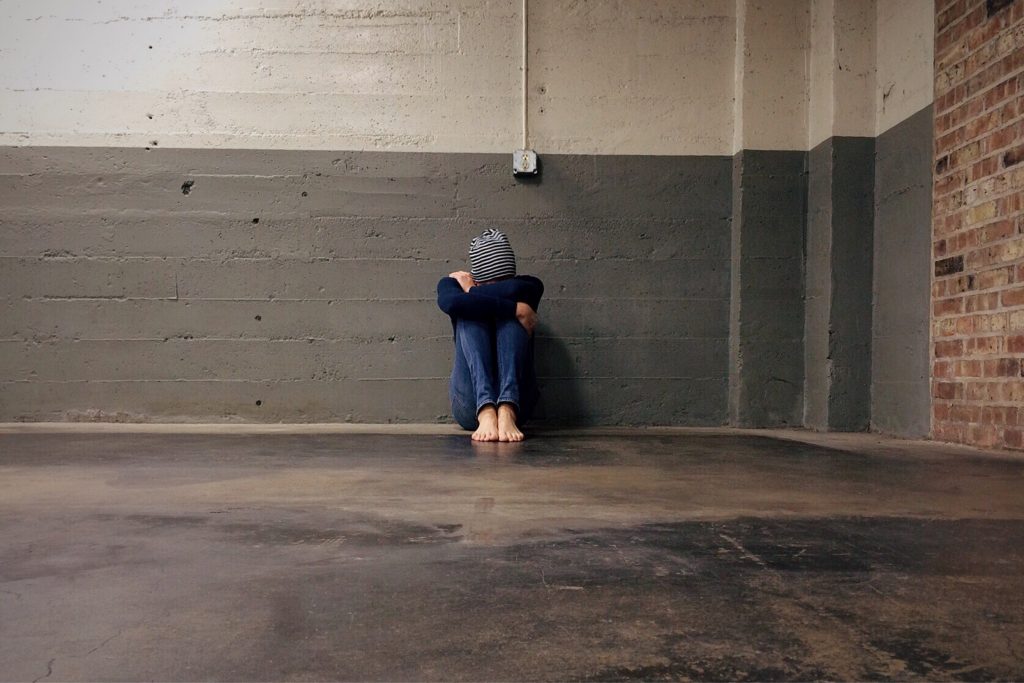Filing for bankruptcy comes with a lot of stigma and feelings of embarrassment or despair. However, bankruptcy is usually not the result of high living or financial unintelligence, though they certainly can be causes. The reality is that the most common causes of bankruptcy are life events that many people across the board experience.
If any of these have come into your life, and you are considering bankruptcy as a response, know that you are not alone. You should also know that you have alternatives. You can discover more options by talking to a bankruptcy attorney.
Health care
Medical bills continue to top the charts, though some experts say that the Affordable Care Act has decreased this risk. However, bankruptcy does not only affect those without insurance. Even if you have health coverage, an unexpected and serious health issue can still wipe out your assets. The need for long-term care or inability to work can compound the problem.
Divorce
Divorce is not only ugly but also costly. With massive legal fees, the division of marital assets, the obligation of support payments and changes in your income, divorce negatively impacts your financial circumstances. The more contentious your divorce, the harder your finances will be hit. Even a divorce through mediation, which generally saves you money, can still have an effect if your finances already are not in order.
Employment changes
Have you lost your job or suffered a pay cut? Changes in your salary can make it hard to afford daily living expenses, not to mention any medical bills and other debts you already have. With not enough money coming in, not enough can go out, causing your debts to grow. You may resort to paying for everything by credit card, contributing to the quick debt accumulation.
Unexpected disasters
These may not seem as common, but North Carolina disasters come in all shapes and sizes from natural disasters to extreme weather and riots. Without proper insurance or emergency funds, these unexpected events that are not your fault can put you in financial disaster.










